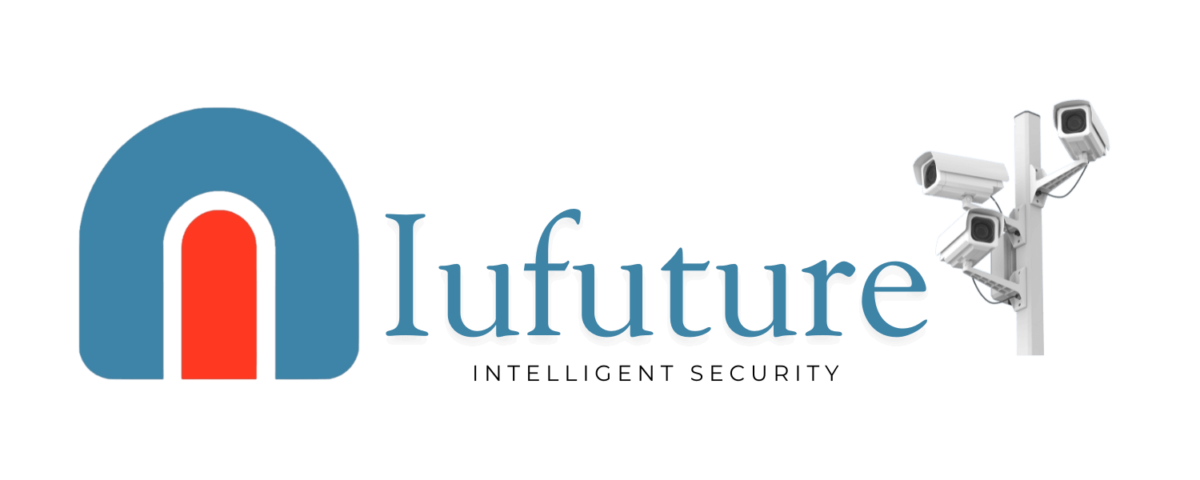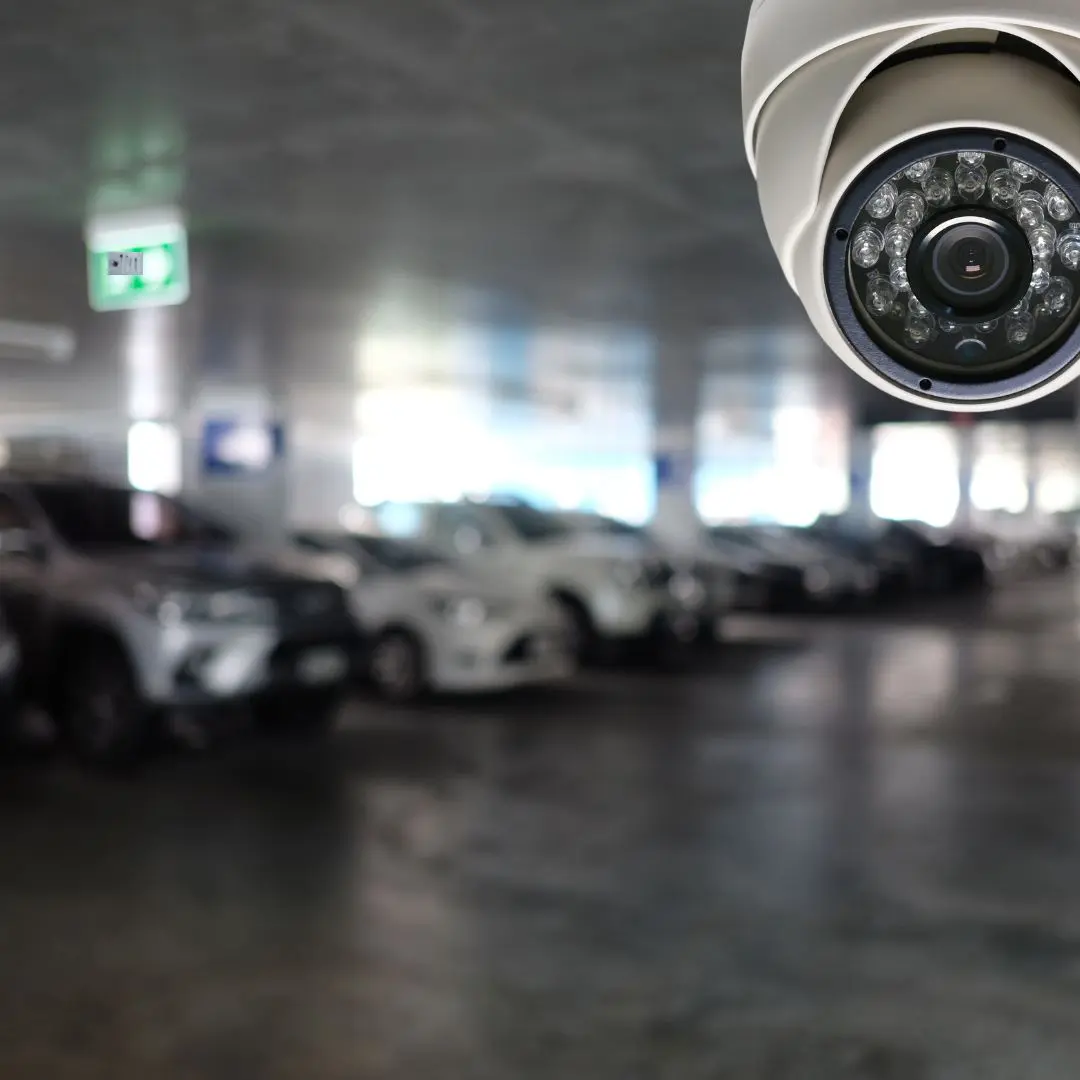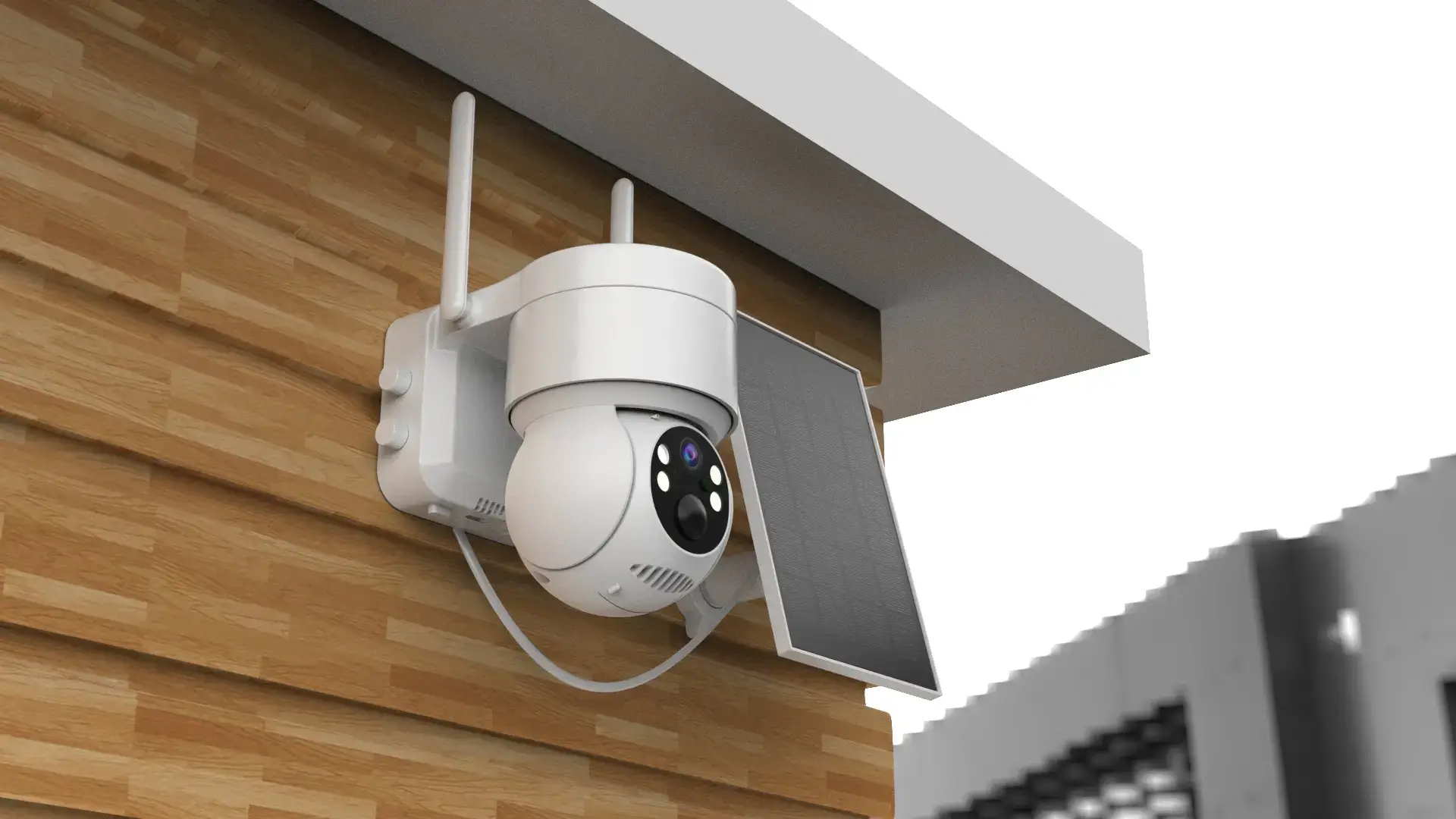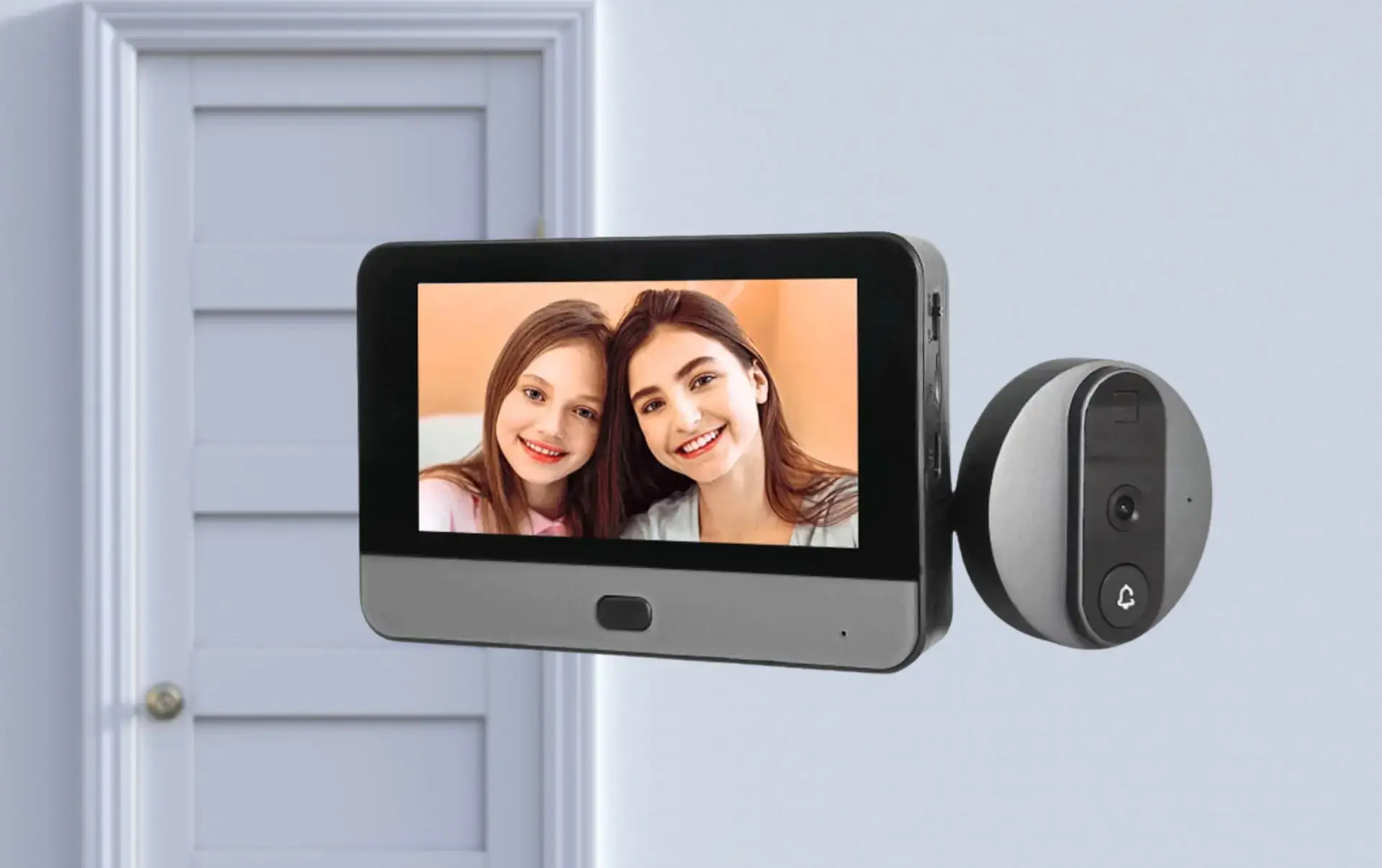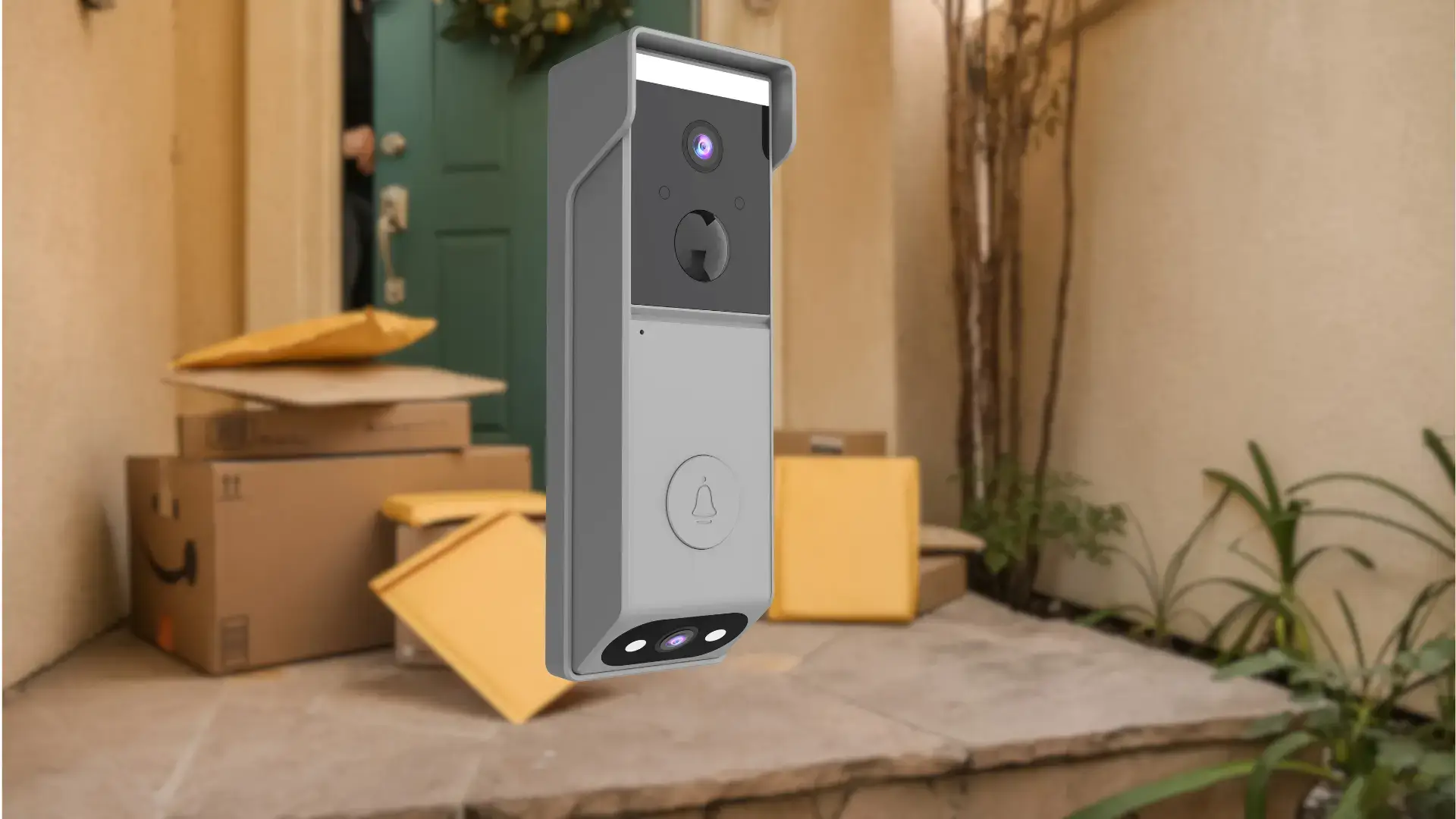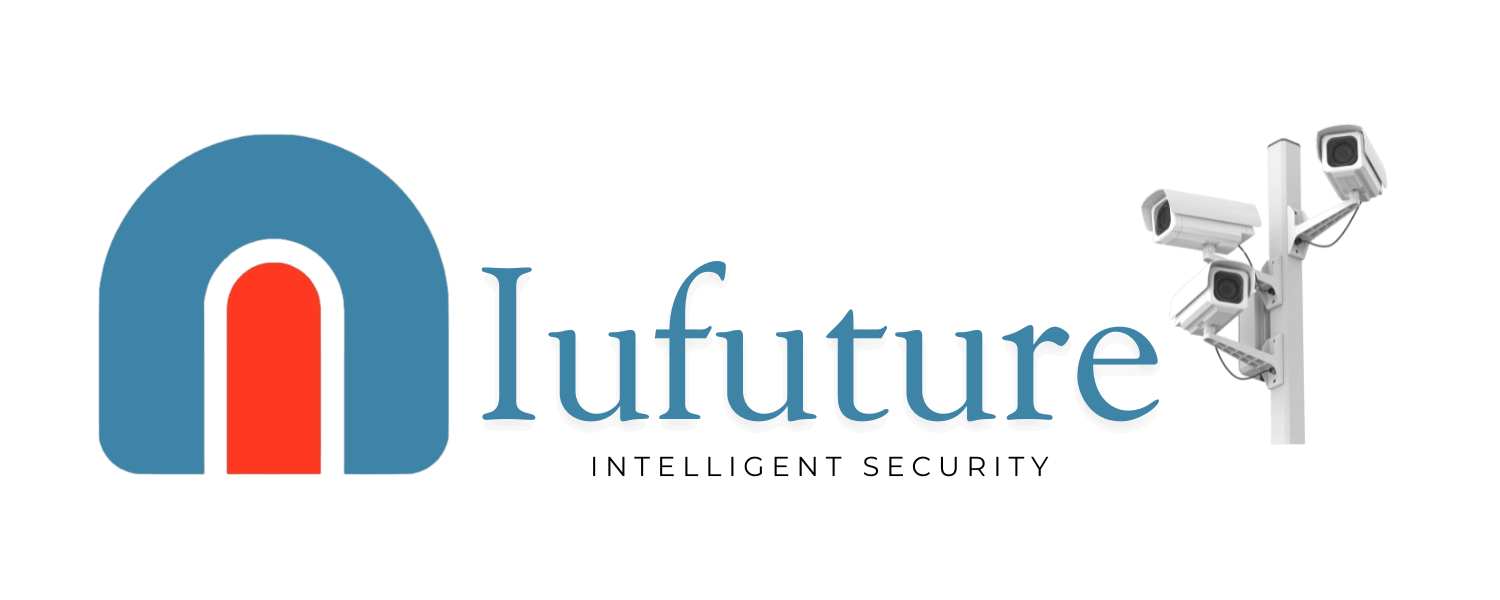The Future of Home Living: Smart Home Systems
In an era where technology continuously reshapes the way we live, smart home systems have emerged as a game-changer. These innovative setups provide homeowners with the ability to automate and remotely control a wide range of home functions, from lighting to security, heating, and entertainment. By integrating advanced technologies such as the Internet of Things (IoT), artificial intelligence (AI), and voice recognition, smart home systems are creating seamless and intuitive living environments. In this article, we explore how these systems are transforming homes into hubs of efficiency, convenience, and security.
What is a Smart Home System?
A smart home system refers to a network of devices and appliances within a home that can be controlled or monitored remotely through the internet, typically via smartphone apps or voice-activated assistants like Amazon Alexa, Google Assistant, or Apple Siri. These devices can include anything from thermostats and light bulbs to locks, cameras, and entertainment systems. The goal is to provide greater convenience, energy efficiency, security, and overall comfort for homeowners.
At its core, a smart home system is built on the foundation of IoT. This network of interconnected devices communicates with one another, sharing data and making decisions based on pre-programmed settings or user preferences. For instance, a smart thermostat can learn your temperature preferences and adjust heating or cooling accordingly, while a smart security camera can send real-time alerts when it detects motion outside your home.
The Key Benefits of Smart Home Systems
Convenience and Automation
The primary advantage of smart home technology is convenience. Smart systems can be programmed to carry out specific tasks automatically, freeing up your time and reducing the mental load of managing everyday activities. Imagine coming home to a perfectly lit and climate-controlled house, or being able to lock your doors and turn off your lights with a simple voice command or a tap on your phone.
Automation is also a central feature. You can schedule devices to turn on or off at specific times, such as setting your lights to gradually dim as you prepare for bed or having your coffee maker start brewing as soon as your morning alarm goes off. This level of convenience ensures that your home operates efficiently without needing constant attention.
Enhanced Security
One of the most compelling reasons people invest in smart home systems is to improve home security. With the integration of smart cameras, doorbell cameras, motion sensors, and smart locks, you can keep a watchful eye on your property no matter where you are. These systems offer real-time alerts and allow you to monitor activity both inside and outside your home through your smartphone.
Smart doorbells, like the Ring, are especially popular because they allow you to communicate with visitors remotely, even when you’re not home. If an intruder tries to break in, motion detectors can trigger the cameras, sending you immediate notifications, while smart locks can lock the doors remotely, offering you peace of mind whether you’re at work, on vacation, or simply in another room.
Energy Efficiency
Smart home systems contribute significantly to reducing energy consumption, making them an eco-friendly and cost-effective solution. Smart thermostats, such as Nest and Ecobee, learn your temperature preferences and adjust heating and cooling based on when you’re home or away. By optimizing energy usage, these systems ensure that your HVAC system doesn’t waste power when it’s not necessary, ultimately lowering utility bills.
Similarly, smart lighting systems allow you to control the brightness of lights or turn them off when not in use. Motion sensors can be set to turn lights on or off automatically as you enter or leave a room, further enhancing energy efficiency.
Home Entertainment
The way we enjoy entertainment at home has also been revolutionized by smart technology. Smart TVs, speakers, and streaming devices offer unparalleled flexibility in how content is consumed. With a voice command, you can access Netflix, Hulu, or YouTube, adjust volume, or even change channels on your smart TV. Smart speakers, like Amazon Echo and Google Home, can play music, podcasts, or audiobooks throughout your house or in specific rooms.
The beauty of smart home entertainment is its ability to integrate seamlessly with other smart devices, creating a multi-functional, immersive experience. Imagine streaming a movie on your smart TV, while the smart lighting adjusts to the scene, or the sound system syncs with the audio to deliver an optimal home theater experience.
The Future Potential of Smart Home Systems
As technology continues to advance, so too does the potential of smart home systems. Beyond the current capabilities, the future holds exciting possibilities for even more integration and innovation.
Voice-Controlled Homes
While voice assistants like Amazon Alexa, Google Assistant, and Siri are already integral to many smart homes, the future promises even more sophisticated voice interactions. In the coming years, voice recognition will become more intuitive, allowing users to control an even broader range of home devices using just their voice. This technology will extend beyond simple commands like “turn on the lights” to more complex requests like “set the temperature to 72°F and start the washing machine.”
Voice-controlled homes will make smart living even more accessible and user-friendly, particularly for individuals with disabilities or the elderly who may find it difficult to manually operate devices.
AI-Powered Automation
AI is a powerful driver of the smart home revolution. In the future, AI will enable smart home systems to learn and adapt to your habits and preferences in real-time. For example, an AI-powered smart home system could predict your schedule and adjust the home environment accordingly. If you’re consistently away from home during the same hours, the system will automatically adjust lighting, heating, and even security settings to optimize energy use and protect your home.
AI will also play a crucial role in improving the accuracy of predictive systems, such as forecasting your energy consumption or anticipating maintenance needs, which can prevent system failures or unnecessary costs.
Integrated Home Health Systems
As the focus on personal health and wellness continues to grow, smart home systems will become even more integrated with health-tracking technologies. Imagine having a system that not only controls your home’s environment but also monitors air quality, humidity levels, and even your sleep patterns. Smart beds, smart pillows, and wearable devices will all communicate with your home to create an optimal environment for rest and recovery.
In the future, we could see homes that monitor residents’ health in real-time, detecting potential issues like changes in heart rate, sleep disturbances, or irregular activity levels. This would offer personalized solutions for health management and wellness, transforming the home into a center for both comfort and well-being.
Smart Home Sustainability
The growing concern for sustainability and environmental impact is pushing the boundaries of smart home technology toward greener solutions. Solar-powered systems, smart water-saving devices, and waste management sensors will become integral parts of future homes. Smart irrigation systems, for example, can track weather patterns and soil moisture levels, ensuring that water is used efficiently in landscaping without wasting resources.
Smart home systems can also be programmed to prioritize sustainable living by automatically adjusting energy consumption based on solar panel outputs or switching to energy-saving modes when the home is empty.
Conclusion: Embracing the Smart Home Revolution
Smart home systems are more than just a trend—they represent the future of home living. From increased convenience and security to energy efficiency and entertainment, the benefits of smart home technology are clear. As we continue to innovate, the possibilities for smarter homes will only expand, offering new levels of customization, automation, and sustainability. Embracing smart home technology is not only about keeping up with the latest trends but also about investing in a more comfortable, efficient, and secure future for your home and family.
